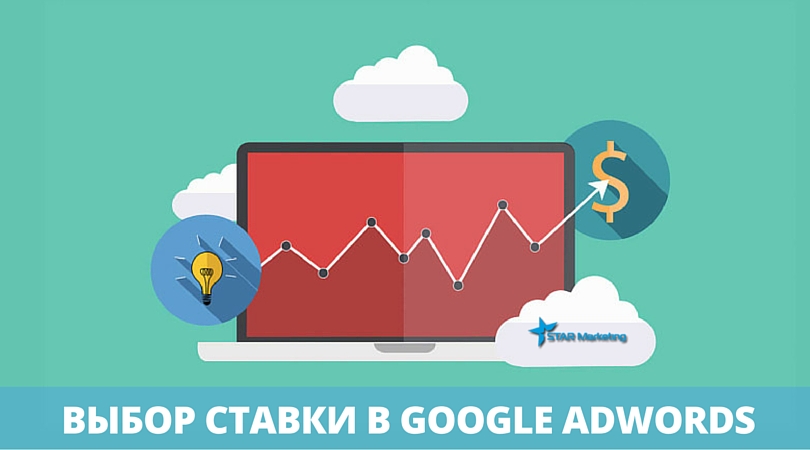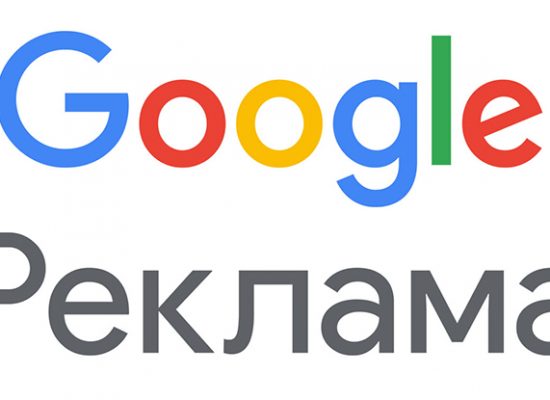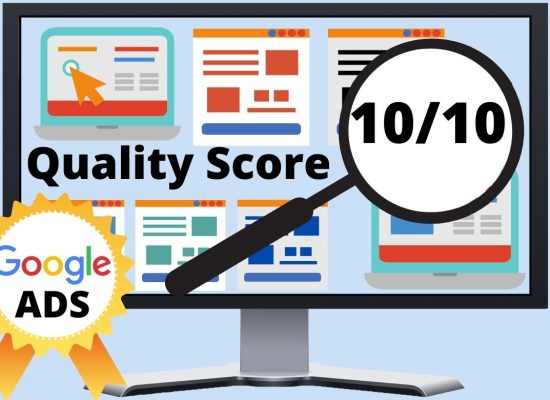Choosing an initial bid for keywords in contextual advertising is a fairly common and popular issue. There are a lot of recommendations from official help, as well as tips from PPC specialists, but in this article we will consider only one way to set a bid - the initial and most important one. This is of course the proverbial first page bid.
All PPC specialists, as well as beginners, face the following problem when launching their advertising campaigns in Google Adwords. We carefully selected the keywords for which ads will be shown, uploaded them to your account and…
some are not allowed to be shown due to a small bet. We get the status - below the rate for the first page and scratch the back of the head 😉

Let's say we offered a maximum bid of UAH 2.50 and planned to spend exactly this amount on a click, but Adwords said that it was not enough for him and recommended UAH 33.50. The difference is palpable. There are at least 4 ways to solve this problem:
1. Such rates are too expensive for us and we refuse to show for this expensive keyword - we put the word on pause. However, where is the guarantee that the rest of the words will be allowed with our rate?
2. We leave everything as it is, doing nothing and waiting for the rate to be reduced. A natural move for many contextualists and advertisers. Over time, the word will be moderated and the rate will indeed decrease, but not the fact that it will reach the price we need. There is a possibility that after a while it will not decrease even a penny.
3. It is important for us to show ads for this word, we do not waste time on trifles and blindly trust Adwords. If they said to raise the rate, then we will raise it.


Moreover, if we already have some experience in contextual advertising, we know the official rules of Adwords and understand that as a result, the debited amount for this topic will be less. And it's really true.

Only UAH 4.02 was written off. Of course, not the desired 2.50 UAH, but not the gigantic 33.50 UAH either - the advertising budget is almost saved :)
4. And if we do not want to overpay and are not going to agree with the system? Attention!

We change the match type of the keyword - it doesn't matter which one, as long as it is different from the initial one. In this example, the match type has been changed from broad to exact.
Of course, we received the “few requests” status, but no one despaired and simply returned the initial match type back, in this case, wide:

And… we got what we wanted, even a little more — showing an ad for our keyword and at a rate even lower than our chosen one — “sweet” 2.35 UAH:



The given example is taken from life, when “interrupting” the type of correspondence, no one suffered, except ... competitors. Which is what we needed. I hope this simple move will help you save your Google Adwords advertising budget.
And remember - people are smarter than machines :)
Author: PPC-specialist of the agency of strategic Internet marketing Star Marketing Yanina Titarenko









